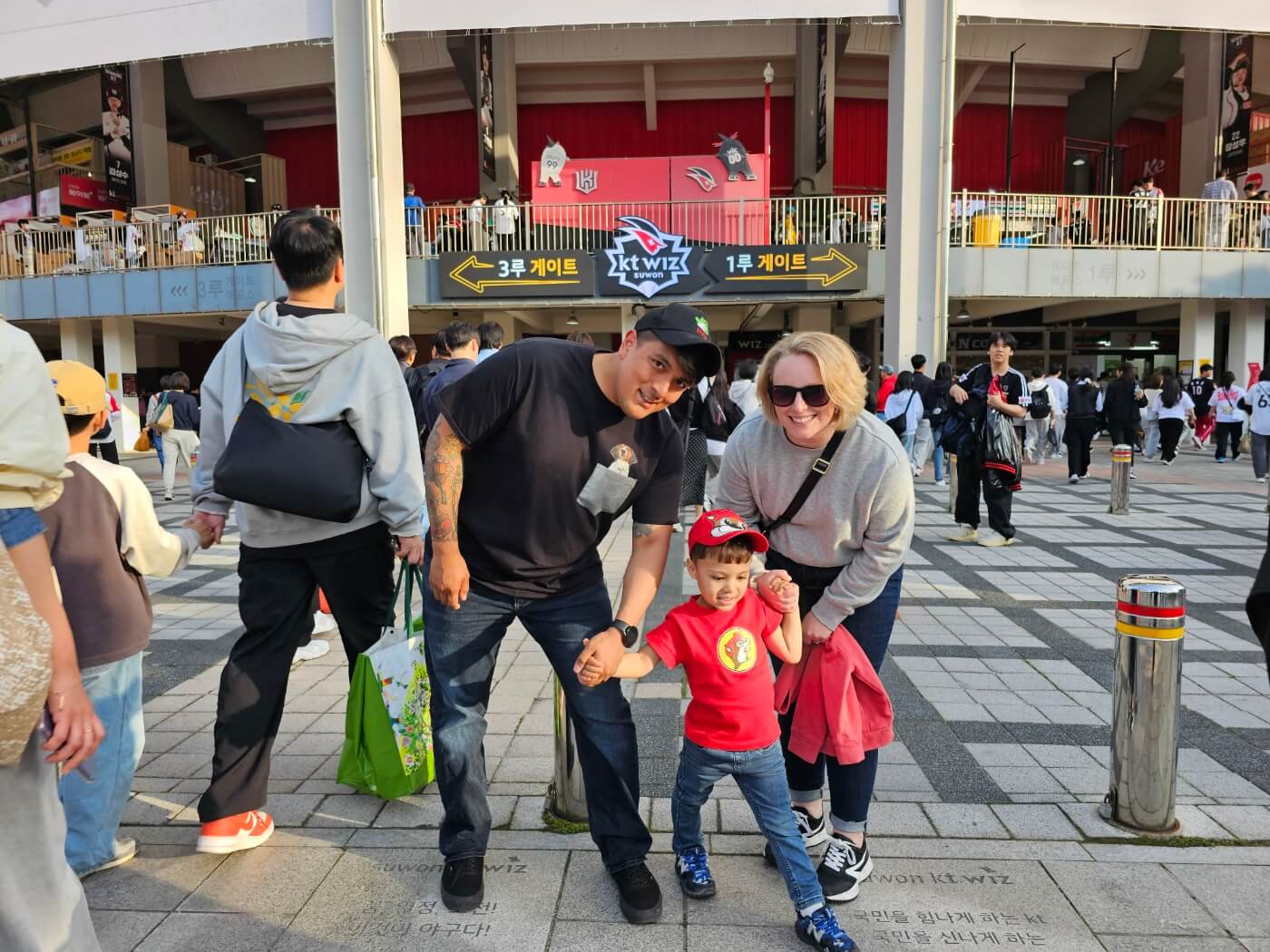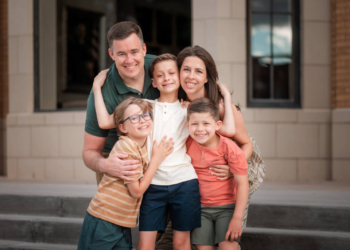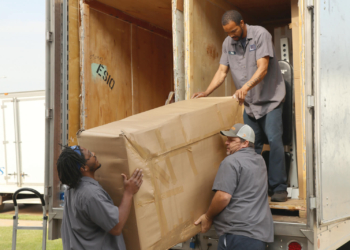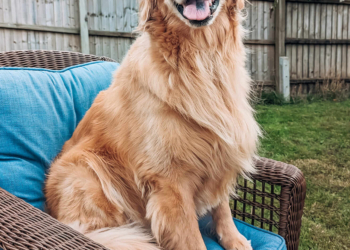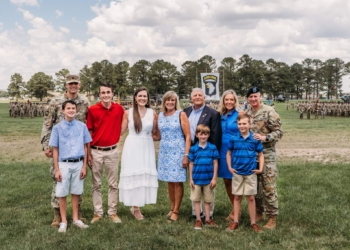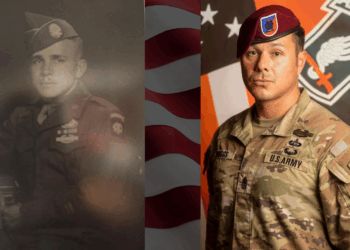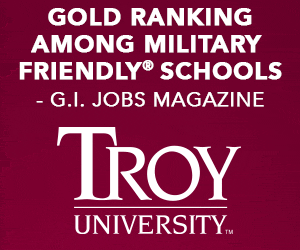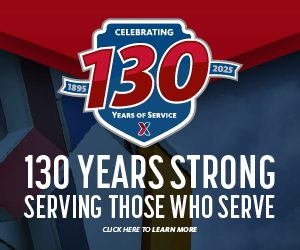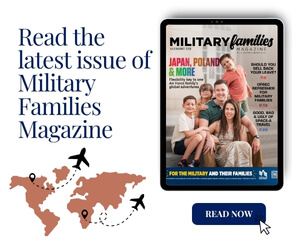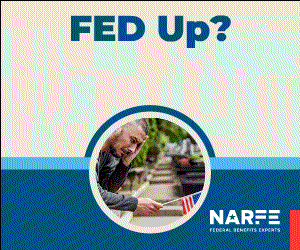When Mary Lane Montoya’s husband, Patrick, received orders to report to the 2nd Combat Aviation Brigade at Camp Humphreys, South Korea, within two weeks, his family faced a difficult decision: How would they bring the dogs?
Montoya researched and found that between getting their two canines up to date on required vaccines and obtaining a certificate proving they’d received them to avoid a quarantine period, the whole process could take up to a month.
They decided against splitting up the family to stay behind and see their two dogs through the process because Montoya’s brother volunteered to keep the pets for the two-and-a-half years they were slated to be overseas.
“We just got them back this week, and it’s just like nothing’s missed a beat,” Montoya said.
The OCONUS Project
The predicament is just one life-altering situation many military families face when orders come down for overseas assignments. And, while the reunion with their pups when they PCSed to Fort Rucker, Alabama, was sweet, Montoya thought there should be an easier way to find answers to the problems spouses and families face when their service member gets OCONUS orders.
As an answer, Montoya founded The OCONUS Project, dedicated to empowering and supporting military families and veterans living overseas by facilitating access to vital resources, fostering community connections and advocating for their unique needs.
“I know a lot of people find themselves between a rock and a hard place in trying to figure out how to get their pets there,” she said. “We want to try to connect families with those resources.”
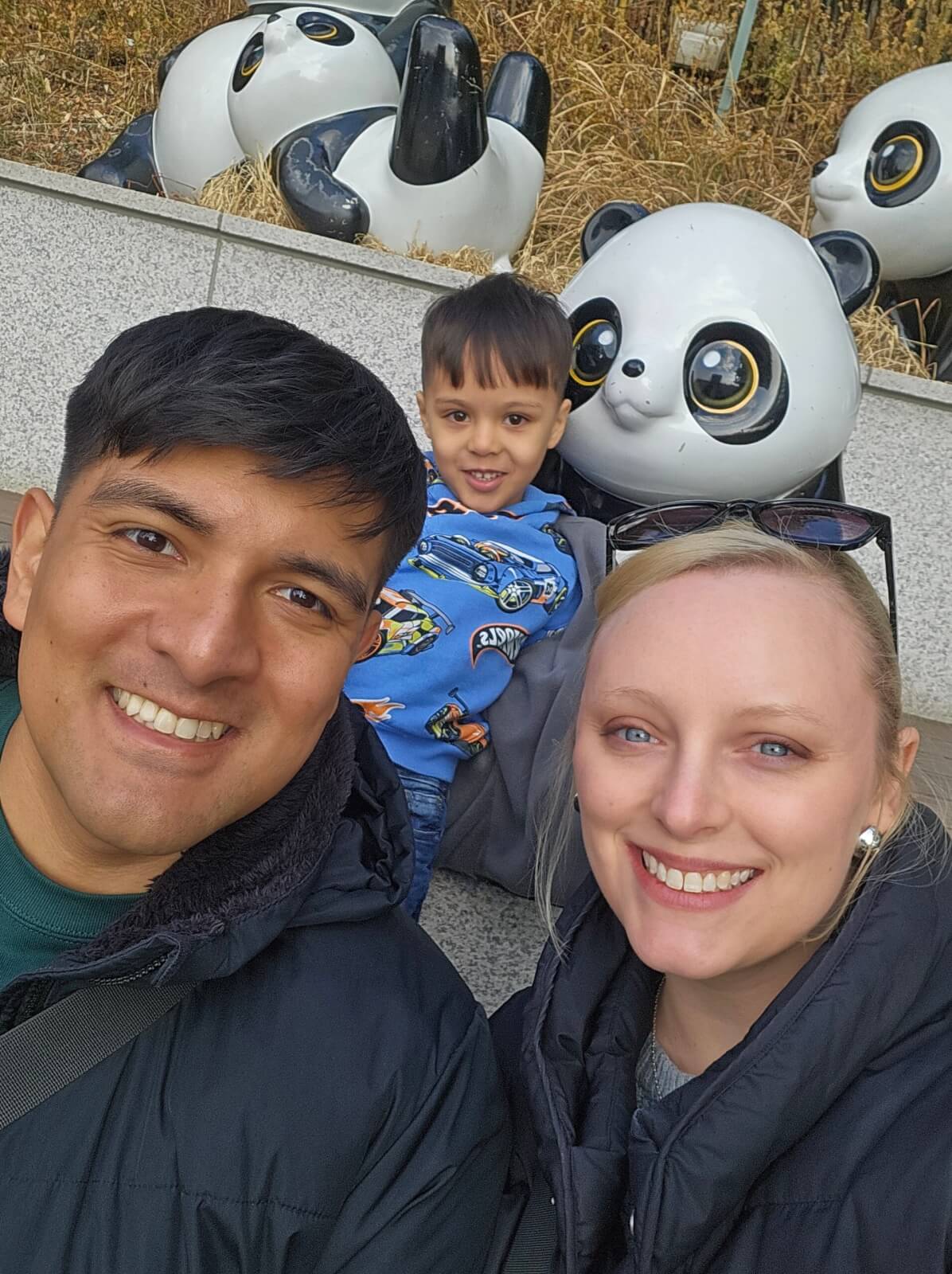
Montoya stepped into the role of an Army spouse with little to no knowledge of what military life entailed. As soon as she thought she had it figured out, they were set to relocate.
She felt lost going from relying on the military community at her husband’s first duty station at Fort Drum, New York, to seeking support in a foreign country. She described the ordeal as “disempowering.”
“I was looking for help in that time of unemployment, and I was having a lot of mental health lows …,” she said. “I just woke up one day and I said, ‘You know what? I’m going to be my own help; I’m going to be the person that I needed during this transition.’”
Montoya joined the spouses’ club, took Korean language lessons with another spouse, enrolled her son in off-base childcare where he learned Korean from his teachers, introduced herself to people to feel connected, and used Facebook groups to find information and connect with other military families.
“I think the main thing if I ever get something across, is that the more somebody puts themselves out there in a new country, the experience is going to be 1000 times better,” Montoya said. “It’s about finding the things that are going to help you feel empowered and finding how you can say, ‘I can be my own champion.’”
Unique needs of families abroad
The OCONUS Project will be a hub of reliable information and resources to address the core issues faced by military families overseas, including unemployment, childcare, mental health, cultural integration and food insecurity.
More importantly, Montoya said she wants to connect her site’s visitors to real people. It will include government organizations and DOD information, while also highlighting nonprofits, small businesses and allies helping their communities.
“It’s going to be a one-stop shop, essentially for looking at resources that are OCONUS friendly,” she told Military Families Magazine.
Get involved
She anticipates the launch by the end of the year, but in the meantime, Montoya encourages military families to sign up for the project’s newsletter that will connect people with resources and events until The OCONUS Project is fully developed.
She adds that by highlighting entities that have taken steps to support OCONUS communities, the project might enlighten others to change and be more accommodating.
“I just want to cut all that crap out at the end of the day and focus on what is really going to help people overseas,” she said.
In order to connect to even more humans, she’s begun to share unique stories of spouses stationed in OCONUS locations on the site’s blog. She wants to hear stories from military families overseas – the good, the bad and the bizarre.
“I just want to share people’s experiences and stories with others in hopes that it helps somebody else down the road,” she said. “ I just want to help people get through it by sharing.”
To share your story with Mary Lane Montoya, email her at mary.montoya@theoconusproject.com. Visit their website to learn more about The OCONUS Project.
Read comments

